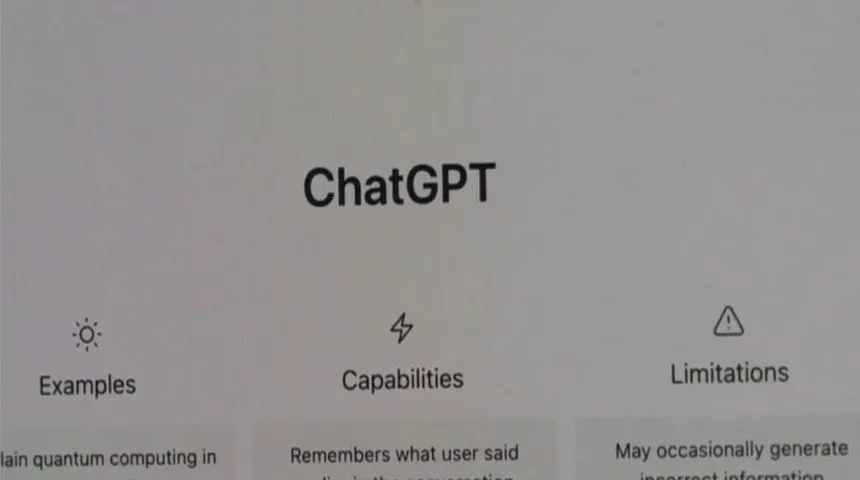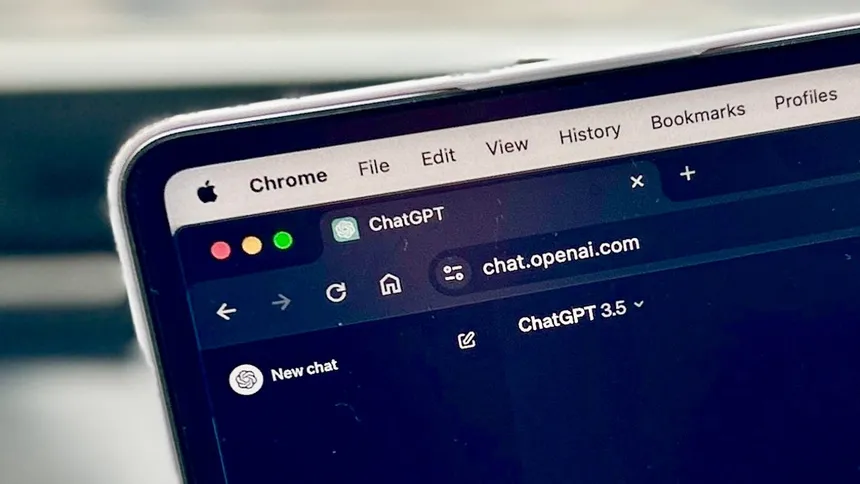The rapid development and widespread adoption of artificial intelligence (AI) has led to a mix of excitement and innovation in various industries. However, the use of generative AI tools has also sparked controversy and resentment among professional artists and photographers. The crux of the issue lies in the fact that tech firms are leveraging the work of these creatives to train their AI models without their consent or compensation. The AI models are trained on massive amounts of data scraped from the web, which means that artists and photographers are having their work exploited without their permission.
Generative AI tools, such as ChatGPT and DALL-E, have the capability to generate human-like conversations and images from text prompts. However, they achieve this by scavenging images and data from the web, which has led to significant unrest among artists and photographers. They feel that their creative output is being pilfered and utilized for commercial gain without any compensation or acknowledgment. The fact that their work is being leveraged to fuel the development of new AI technology without their consent has led to widespread discontent among the artistic community.
Despite the controversy, a team of researchers has devised a solution that could empower artists and photographers to counter the tech firms’ practices. The team has developed a tool called Nightshade, which can confound the training model and cause it to produce erroneous images in response to prompts. Nightshade works by introducing invisible pixels to a piece of art before it’s uploaded to the web, which “poisons” the training data and renders some of the AI model’s outputs useless.
The research behind Nightshade is being submitted for peer review, and the team plans to make it open-source so that others can refine it and make it more potent. This means that artists and photographers will have a formidable tool at their disposal to protect their work against tech firms that disregard copyright and intellectual property. The creator of Nightshade, University of Chicago professor Ben Zhao, believes that this tool can help shift the balance of power back to artists, warning tech firms that ignore copyright and intellectual property.

ChatGPT
The data sets for large AI models can consist of billions of images, so the more poisoned images that can be scraped into the model, the more damage the technique will inflict. Currently, tech firms like OpenAI are facing lawsuits from artists claiming that their work has been utilized without permission or payment. OpenAI has recently begun allowing artists to remove their work from its training data, but the process has been described as extremely onerous and requires the artist to send a copy of every single image they want removed, along with a description of that image, with each request necessitating its own application.
Streamlining the removal process might go some way in dissuading artists from opting to use a tool like Nightshade, which could generate numerous problems for OpenAI and others in the long run. However, until then, Nightshade provides a powerful tool for artists and photographers to counter AI theft and protect their work from being exploited without their consent. The development and spread of Nightshade highlights the need for tech firms to prioritize ethical use of AI and respect the creative work of artists and photographers. By working together, the tech industry and the creative community can develop a more collaborative and mutually beneficial relationship.
The emergence of generative AI has brought about a mix of excitement and controversy. While AI has the potential to bring about numerous benefits, its misuse can lead to significant harm. The development of Nightshade is a significant step towards addressing the concerns of artists and photographers and promoting ethical use of AI. By embracing ethical AI development and respecting the creative work of others, the tech industry can avoid conflicts and build a brighter future for all stakeholders involved.









































